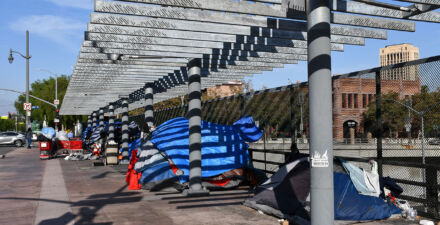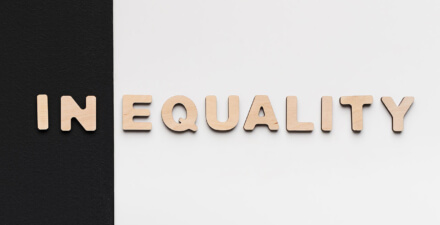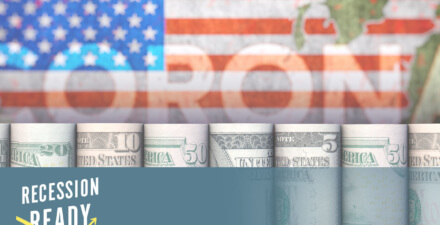Family income for those at the bottom of the U.S. economic distribution have barely budged over the past several decades, while those at the top have skyrocketed. Twelve percent of Americans live in poverty today, including nearly 10 million children. Equitable Growth is growing the evidence base for how rising inequality affects the economic wellbeing of those at the bottom of the economic ladder in order to support the creation of policies that provide both a safety net and a springboard to opportunity for the most disadvantaged among us.
Featured work
The economic impact of housing insecurity in the United States
December 8, 2022
December 8, 2022
In Conversation with Mark Rank
April 14, 2021
April 14, 2021
Income support programs boost earnings for low-wage workers by reducing household poverty in the United States
August 26, 2021
August 26, 2021
Newly released U.S. poverty statistics show that recent economic growth is not broadly shared
September 11, 2019
September 11, 2019
We can cut child poverty in the United States in half in 10 years
March 27, 2019
March 27, 2019
As the U.S. rural economy changes, social safety net programs buoy rural residents above the poverty line
February 1, 2019
February 1, 2019
Explore Content in Poverty163
Public investments in education can spur equitable growth, pay for themselves, and create jobs for a stronger economic recovery
October 27, 2020
October 27, 2020
Main Street’s workers, families, and small businesses are now suffering as Wall Street prospers from policies to fight the coronavirus recession
September 17, 2020
September 17, 2020
Wage discrimination and the exploitation of workers in the U.S. labor market
September 15, 2020
September 15, 2020
Get more money immediately to U.S. families and help them out of the coronavirus recession
September 1, 2020
September 1, 2020
The impacts of welfare cuts on well-being during the Great Recession: Evidence from linked U.S. administrative and survey data
August 28, 2020
August 28, 2020
Addressing the U.S. racial economic mobility and inequality divides
August 18, 2020
August 18, 2020
Twenty-one policy resources to combat the coronavirus recession
August 5, 2020
August 5, 2020
Congress must act to help U.S. families facing an income crisis
July 29, 2020
July 29, 2020
Americans want green spending in federal coronavirus recession relief packages
July 7, 2020
July 7, 2020
Misvaluations in local property tax assessments cause the tax burden to fall more heavily on Black, Latinx homeowners
June 10, 2020
June 10, 2020
The Assessment Gap: Racial Inequalities in Property Taxation
June 10, 2020
June 10, 2020
One year later: Recession Ready and the coronavirus recession
June 1, 2020
June 1, 2020
Explore the Equitable Growth network of experts around the country and get answers to today's most pressing questions!


















